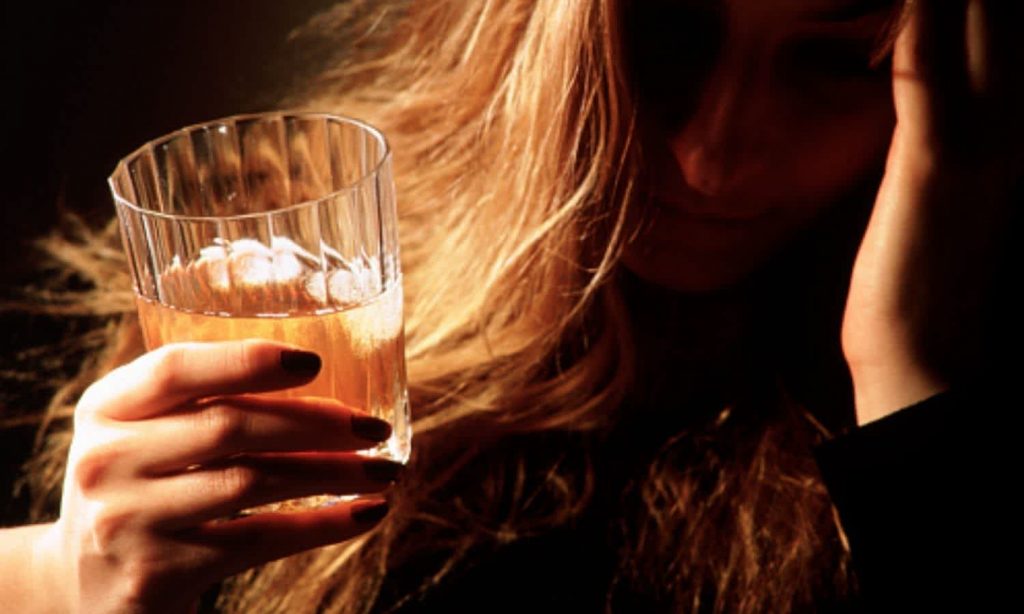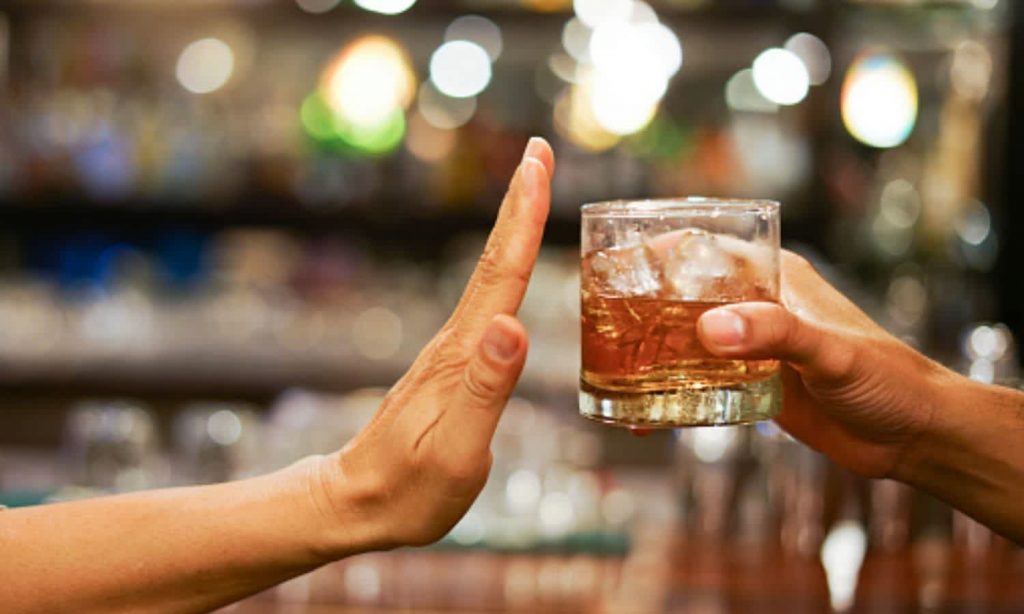The contestants are a couple of days into their stint on I’m a Celebrity…Get Me Out of Here! and with exhaustion and hunger beginning to creep in, the campers are beginning to open up.
On Tuesday (January 5) night’s episode of the reality competition series, Gold Logie winner Grant Denyer confessed that he doesn’t like his relationship with alcohol.
“When I was doing Sunrise weather for years, the amount of times I was probably still drunk on air in the morning was too many,” he said.
The Family Feud host revealed that he had been drinking more in the lead up to entering the competition as an antidote to the anxiety he was feeling about fitting in.
“I have been asking myself this question for, far out, five years? ‘Do I have a problem?’ And I think the answer is, ‘I do!,’” he said.
The former Sunrise presenter has faced difficulties in the past, quitting on air in 2013 and spending time in a Thai health facility for exhaustion. Concerns were raised for Denyer’s health during his on-air resignation as he appeared gaunt, fidgety and distracted.
Speaking to The Daily Telegraph about his plans to give booze the boot, the TV presenter said, “I am not an alcoholic, I am a three-night-a-week drinker. But it is the amounts that I need to look at and I am not getting anything out of it, so that is going to be the new me in 2021.”

In Australia, drinking culture is inherent in many things we do, from watching sport, dating, to enjoying a BBQ, day at the beach or post-work wind down with colleagues.
Levels of alcohol consumption in Australia also rose dramatically during the COVID-19 lockdown of 2020, with stress, anxiety, boredom and unemployment driving people to drink more than usual.
Around 37% of people surveyed by the Alcohol and Drug Foundation said they had no plans to stop drinking at their inflated rates — a concerning admission as NSW data showed increased alcohol-linked domestic violence incidents during the lockdown period.
If you are a healthy adult, the Australian Government’s Department of Health recommends that you consume no more than 10 standard drinks a week and no more than four standard drinks on any one day, but it’s no secret that Aussies are known for their habit of drinking to excess.
In fact, our collective relationship with booze was the catalyst for widespread changes to the nightlife scene in Sydney resulting in a strict curfew being introduced in 2014 to curb alcohol-related violence. The curfew was successful in reducing the prevalence of violent acts, but decimated the hospitality industry. It was announced in 2019 that the laws would be overturned, but thanks to the coronavirus lockdowns, it remains unknown if the old problems will return as nightlife has yet to properly resume.
The short-term effects of excessive alcohol consumption can extend well beyond a nasty hangover. Traffic and other accidents, unwanted sexual activity and alcohol poisoning are all matters of concern.
In the long term, the negative effects of alcohol use range from mental health disorders with an increased risk of suicide, brain damage, cancer, fertility issues, other substance abuse issues and liver failure.

If you are worried about your own relationship with alcohol or are concerned that you, or someone you, know may suffer from alcohol use disorder (AUD), here are 10 questions you should ask.
- Do I have a hard time stopping after 1 or 2 drinks?
- Can I go one day without a drink?
- Do I drink when lonely, upset, or stressed?
- Do I feel the need to hide my drinking habits?
- Do I ever lose consciousness or blackout when drinking?
- Do I drink at improper times, or sneak alcohol in where it’s not permitted?
- Do I ever drink and drive?
- Do family members or friends voice concern about my drinking?
- Does my drinking interfere with work or family?
- Do I think I have a drinking problem?
If the answer to any of these questions is “yes” it can indicate AUD and treatment may be necessary.
If you are concerned about your alcohol intake or perhaps have resolved to drink less in 2021, then here are some tips for cutting back, courtesy of Harvard Medical School.
- Put it in writing. Making a list of the reasons to curtail your drinking — such as feeling healthier, sleeping better, or improving your relationships — can motivate you.
- Set a drinking goal. Set a limit on how much you will drink and keep your drinking below the recommended guidelines
- Keep a diary of your drinking. For three to four weeks, keep track of every time you have a drink and compare it to your goal.
- Don’t keep alcohol in your house. Having no alcohol at home can help limit your drinking.
- Drink slowly. Sip your drink. Drink soda, water, or juice after having an alcoholic beverage. Never drink on an empty stomach.
- Choose alcohol-free days. Decide not to drink a day or two each week. Taking a break from alcohol can be a good way to start drinking less.
- Watch for peer pressure. Practice ways to say no politely. You do not have to drink just because others are. Stay away from people who encourage you to drink.
- Keep busy. Take a walk, play sports, go out to eat, or catch a movie. When you’re at home, pick up a new hobby or revisit an old one.
- Ask for support. Let friends and family members know that you need their support. Your doctor or therapist may also be able to help.
- Guard against temptation. Steer clear of people and places that make you want to drink.
- Be persistent. Most people who successfully cut down or stop drinking altogether do so only after several attempts.
If you are in need of resources to help yourself or someone you know with issues relating to alcohol use, please call the National Alcohol and Other Drug Hotline on 1800-250-015 for free and confidential advice.







